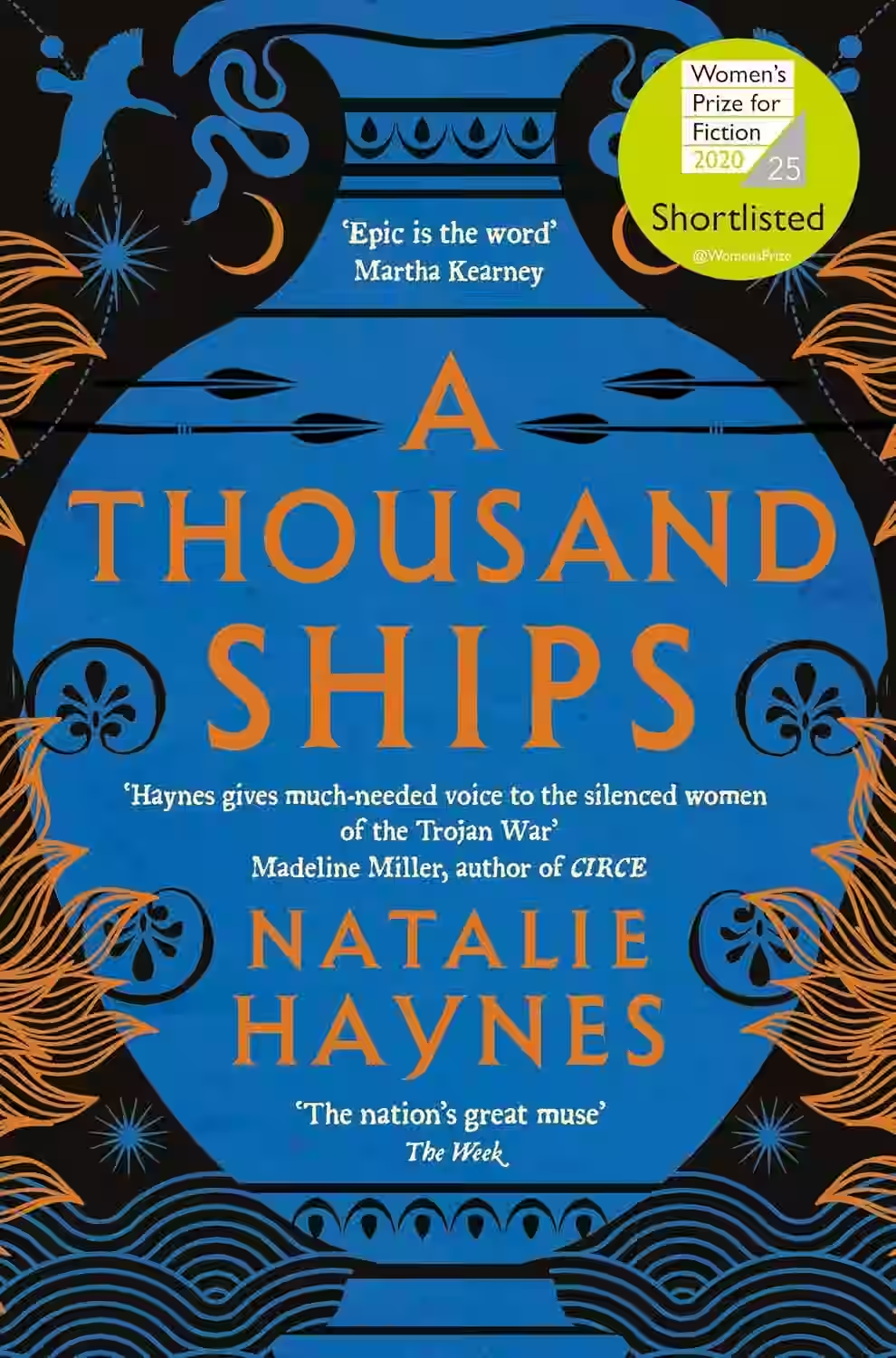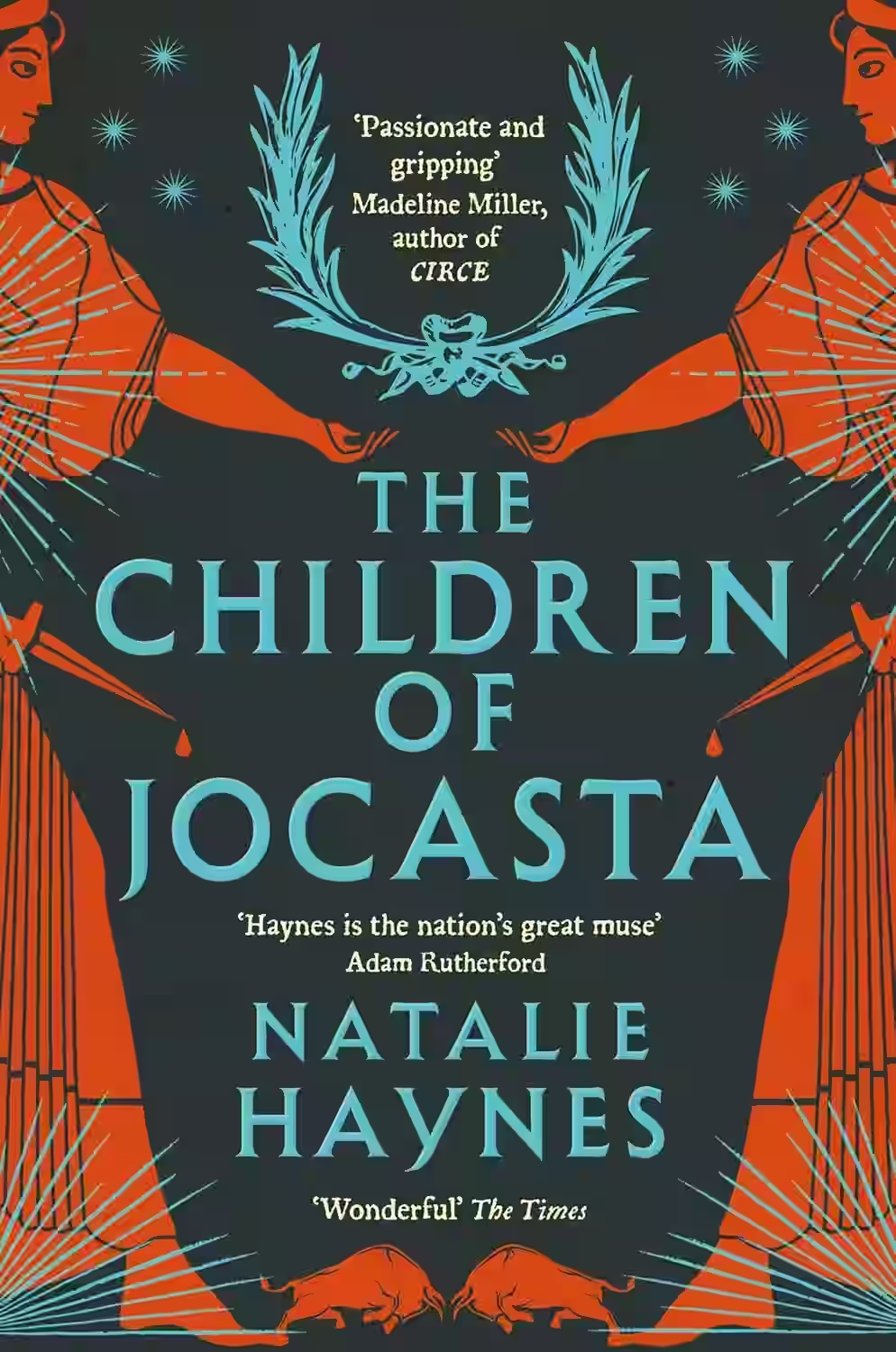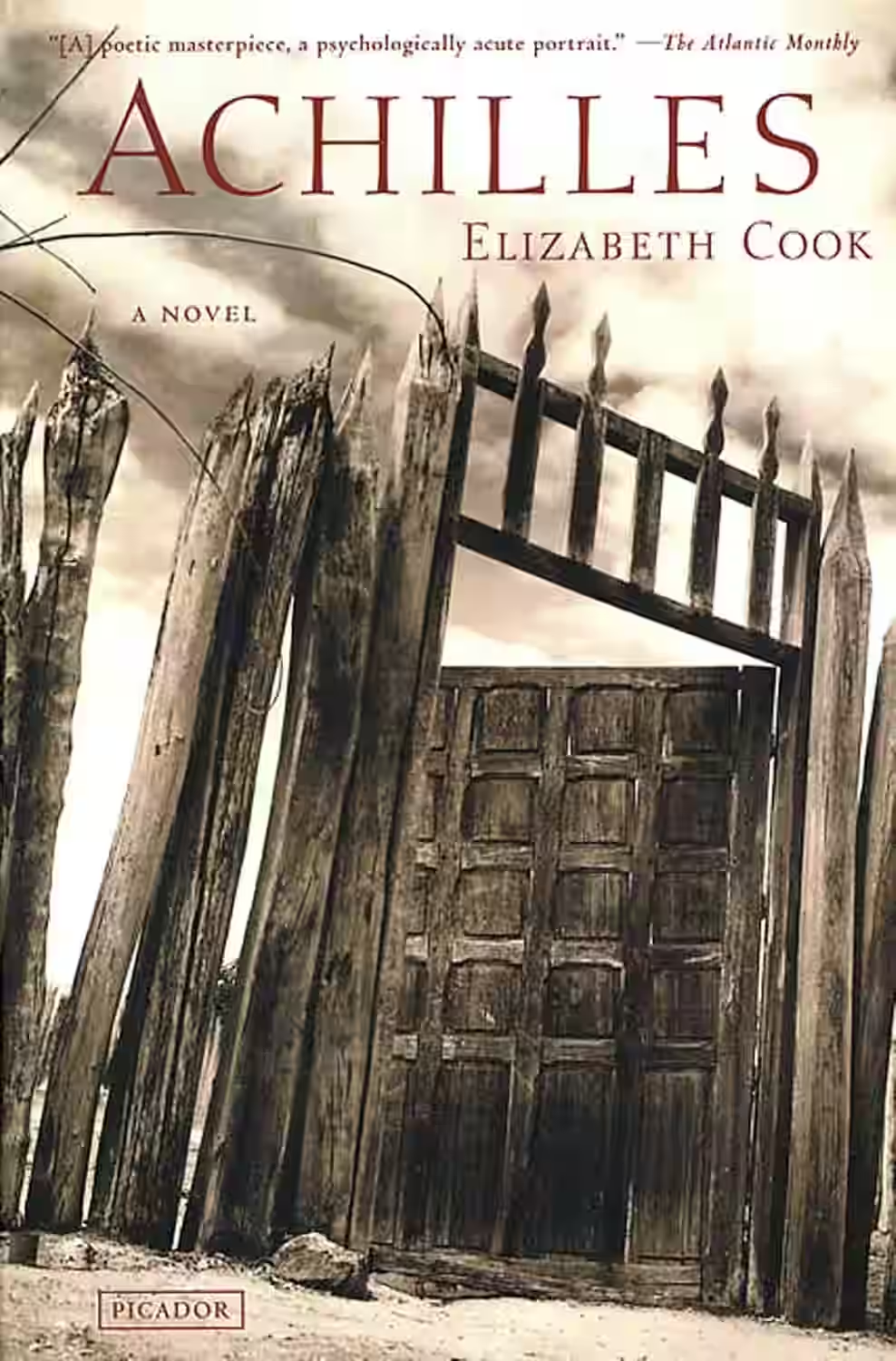
Natalie Haynes' 'A Thousand Ships' is a masterful retelling of the Trojan War, as narrated from the overlooked perspectives of women. Embedding the stories of queens, warriors, and survivors, Haynes gives voice to characters such as Hecuba, Cassandra, and Penelope, shedding light on their trials and triumphs. The novel skillfully weaves various mythological strands, delivering a poignant exploration of grief, resilience, and the enduring power of storytelling. Haynes' sharp, empathetic prose reinvigorates ancient myths, illustrating the timelessness of their themes. 'A Thousand Ships' is both an evocative homage to the epic tradition and a powerful feminist reimagining, offering a resonant message about who gets to be heard in history.
About Natalie Haynes
Natalie Haynes is a celebrated British author, broadcaster, and classicist, renowned for her compelling reimaginings of ancient myths and literature. Born in 1974 in Birmingham, England, Haynes attended Cambridge University where she honed her craft in classical studies, a passion that fuels her literary career. She is best known for her novels 'A Thousand Ships', which was shortlisted for the prestigious Women's Prize for Fiction in 2019, and 'The Children of Jocasta'. With a background in stand-up comedy, Haynes infuses wit into her scholarly insights, making the ancient world accessible to modern audiences. Her impact on literature is marked by her ability to breathe new life into classic narratives, challenging and enriching the way contemporary readers engage with the myths that shape our cultural heritage. Beyond her novels, Haynes is a familiar voice on BBC Radio 4, where her series 'Natalie Haynes Stands Up for the Classics' further cements her role as a dynamic interpreter of classical literature.
Other Books by Natalie Haynes

The Children of Jocasta
In 'The Children of Jocasta', Natalie Haynes masterfully reimagines the classic tales of Oedipus and Antigone from a fresh perspective—a lens that brings women’s voices, often muted in Ancient Greek mythologies, to the forefront. This novel weaves the parallel stories of Jocasta and her daughter Ismene, offering a nuanced exploration of love, power, and choice amid the backdrop of a cursed lineage. Jocasta’s quiet strength and Ismene’s unyielding resilience breathe new life into familiar tales, while Haynes’s elegant prose enriches the narrative’s emotional depth. Engaging with timeless themes of fate and identity, this reinterpretation compels readers to reexamine the silenced stories within classical works and appreciate their enduring relevance.
Similar Books

The Great Gatsby
Set in the decadent summer of 1922, this masterpiece follows mysterious millionaire Jay Gatsby's obsessive pursuit of his former love, Daisy Buchanan. Through the eyes of narrator Nick Carraway, the story unfolds in a world of lavish parties and empty morality, exploring themes of wealth, love, and the corruption of the American Dream. As Gatsby's facade crumbles, the novel reveals the hollow heart of the Jazz Age.

Achilles: A Novel
Elizabeth Cook's 'Achilles: A Novel' reimagines the timeless legend of the Greek hero Achilles, blending myth with modern sensibilities to create a hauntingly beautiful narrative. Through lyrical prose, the novel delves deep into themes of love, destiny, and the inescapable pull of fate that surrounds the protagonist. Cook explores Achilles' complex relationships, particularly with Patroclus and Briseis, bringing emotional depth and nuance to these timeless characters. The story elegantly balances tragedy and introspection, providing a fresh perspective on his heroism and vulnerabilites. Cook’s ability to juxtapose the epic with the intimate makes this retelling both moving and thought-provoking.

The Jungle
A harrowing expose of the American meatpacking industry in the early 20th century, The Jungle follows immigrant worker Jurgis Rudkus as he endures exploitation, poverty, and tragedy. Intended to highlight workers’ rights, it shocked readers with its depiction of unsanitary conditions, leading to major food safety reforms. Sinclair’s powerful, muckraking novel remains a classic of social criticism and a landmark in investigative literature.

Ransom
by David Malouf
David Malouf's 'Ransom' offers a poignant reimagining of a brief, but pivotal episode in Homer's 'Iliad'. The novel focuses on King Priam of Troy's journey to retrieve the body of his slain son Hector from the Greek warrior Achilles. Malouf explores themes of grief, redemption, and the transformative power of human compassion. The narrative shifts between Priam's introspective reflections and Achilles' struggles with his own wrath and sorrow, delving into the interplay of fate and vulnerability in the face of monumental loss. Malouf's lyrical prose and deep empathy for his characters render this tale not just a retelling, but a profound meditation on the potential for change and understanding even amidst the chaos of war.